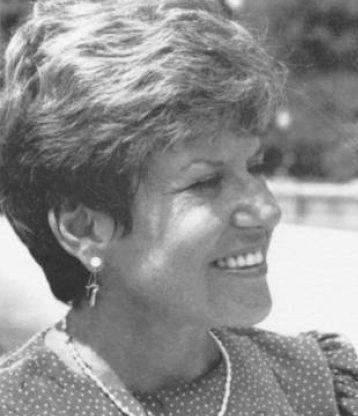Rose Kushner
Baltimore native Rose Kushner became a fierce advocate for breast cancer treatments and helped end radical mastectomy as the sole choice of treatment.

When Rose Kushner was diagnosed with breast cancer in 1974, she immediately put her skills as a journalist and medical writer to work. Her research led her to oppose the then-standard treatment: a biopsy followed by a radical mastectomy in a single operation while the patient was asleep.
Instead, she wanted a diagnostic biopsy, and then time to discuss with specialists the best course of treatment for her. In 2018, this sounds like standard care, but Kushner talked to 19 surgeons before she found one willing to comply with her request.
After confirmation that her tumor was cancerous, Kushner chose a modified radical mastectomy, which leaves the chest muscles and lymph nodes intact. As she recovered, Kushner became an advocate for women, pushing for laws that required doctors to disclose all treatment options and include patients in decision-making. Her advocacy forever changed how we care for breast cancer patients in the U.S.
Kushner also realized that not all women could access or understand the medical journals that taught her what she needed to know about breast cancer. She turned what she had learned into fact sheets, articles, and books.
In her book, Breast Cancer: A Personal History and Investigative Report, she wrote: “The point of this book is to show that we women should be free, knowledgeable, and completely conscious when the time comes for a decision, so that we can make it for ourselves. Our lives are at stake, not a surgeon’s.”
Rose Kushner died of breast cancer in 1990, but her strength and advocacy live on in the work of breast cancer activists to this day.
Credit: Center for Women’s Health